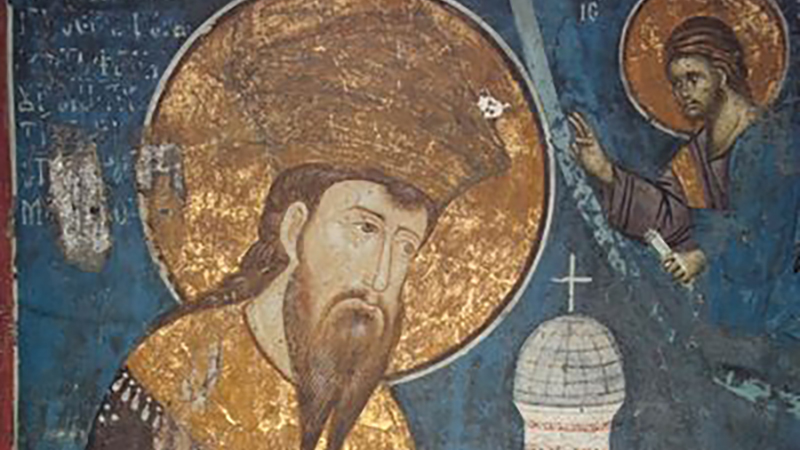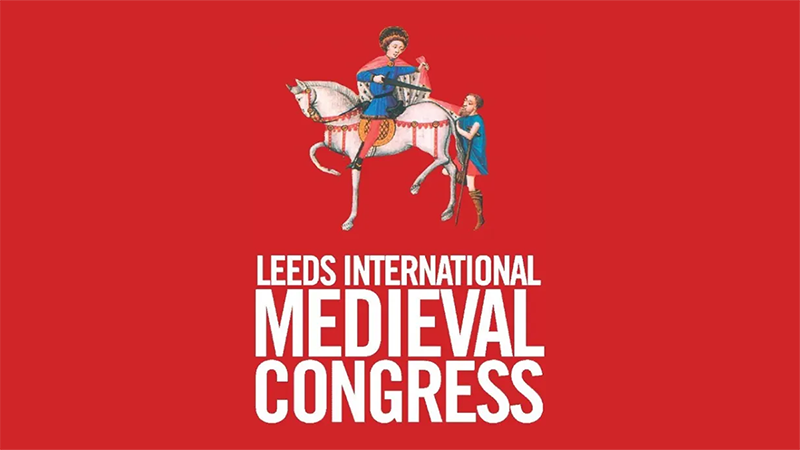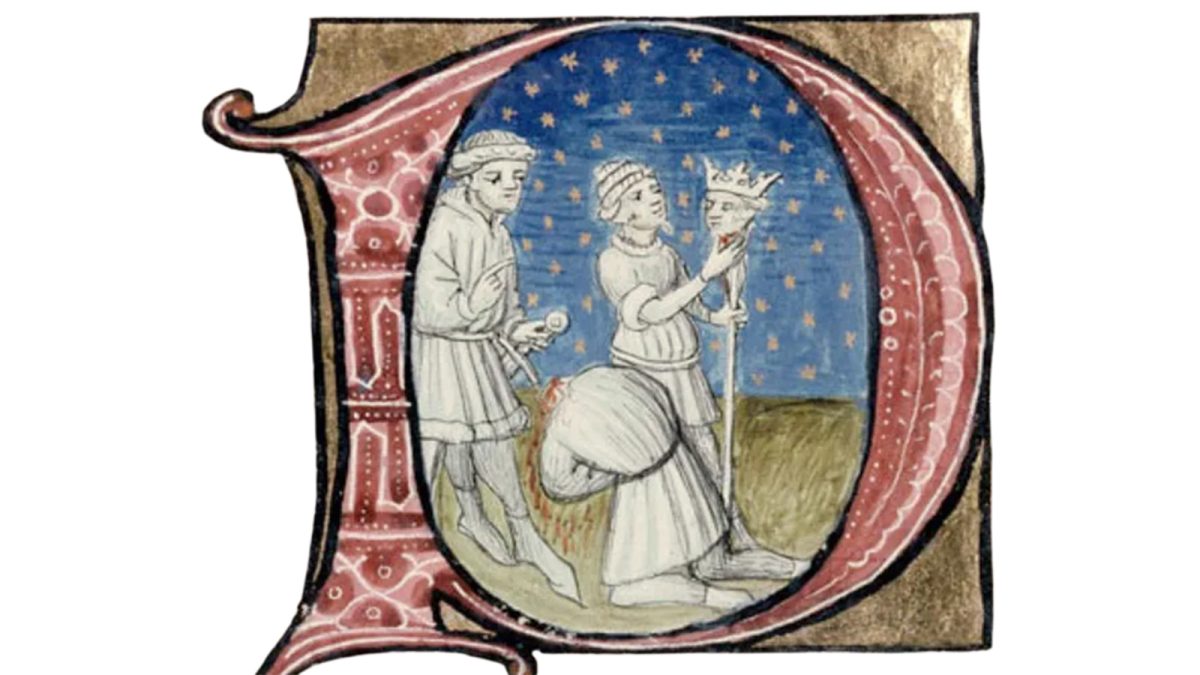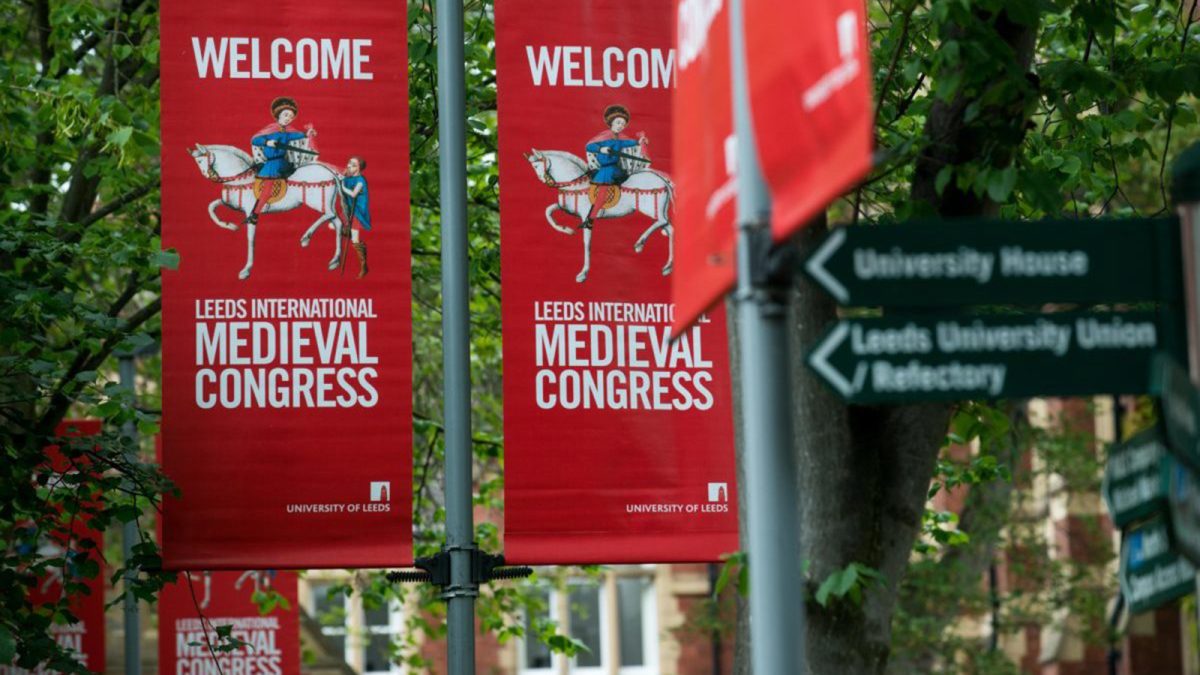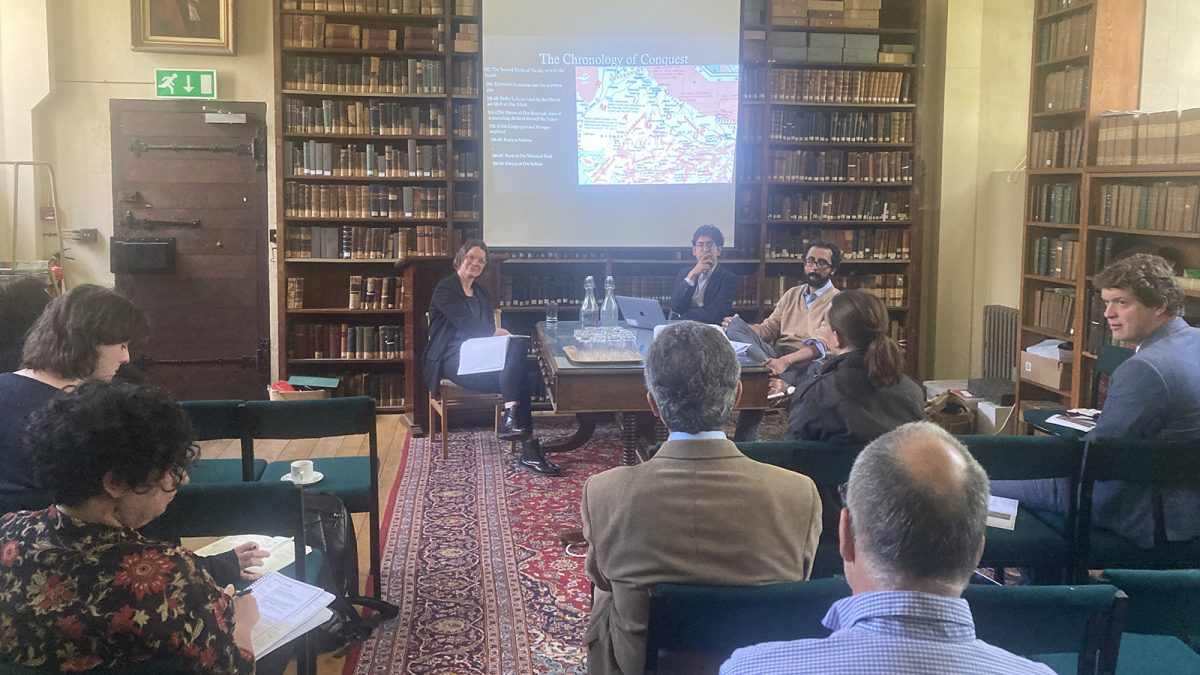James Cogbill
With notable exceptions, studies of the political culture of the Byzantine Empire during the early Palaiologan period (c. 1258-1341) tend to privilege the actions and decisions of the emperor in the political arena, reducing episodes involving other actors to intriguing but ultimately inconsequential anecdotes which can be quickly passed over. This is, in part, the result of modern research reproducing the character hierarchies of our most important surviving sources, the long narrative histories in which the emperor is invariably both the main character and the ‘organizing principle’.1 The span of his life determines the length and structure of these works, and the events through which he lived dominate the narrative content. The emperor is the individual most often shown performing political action, and it is his personality and interests that history-writers sought to record and hang the successes and failures of the empire upon.

